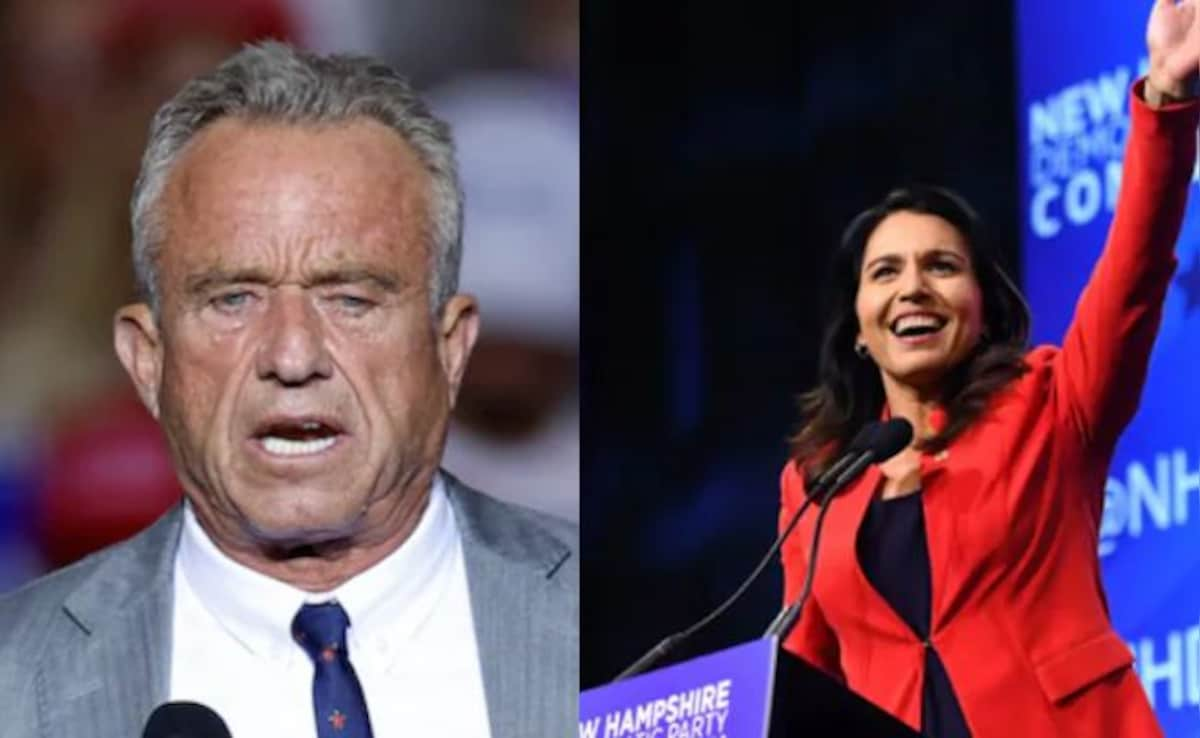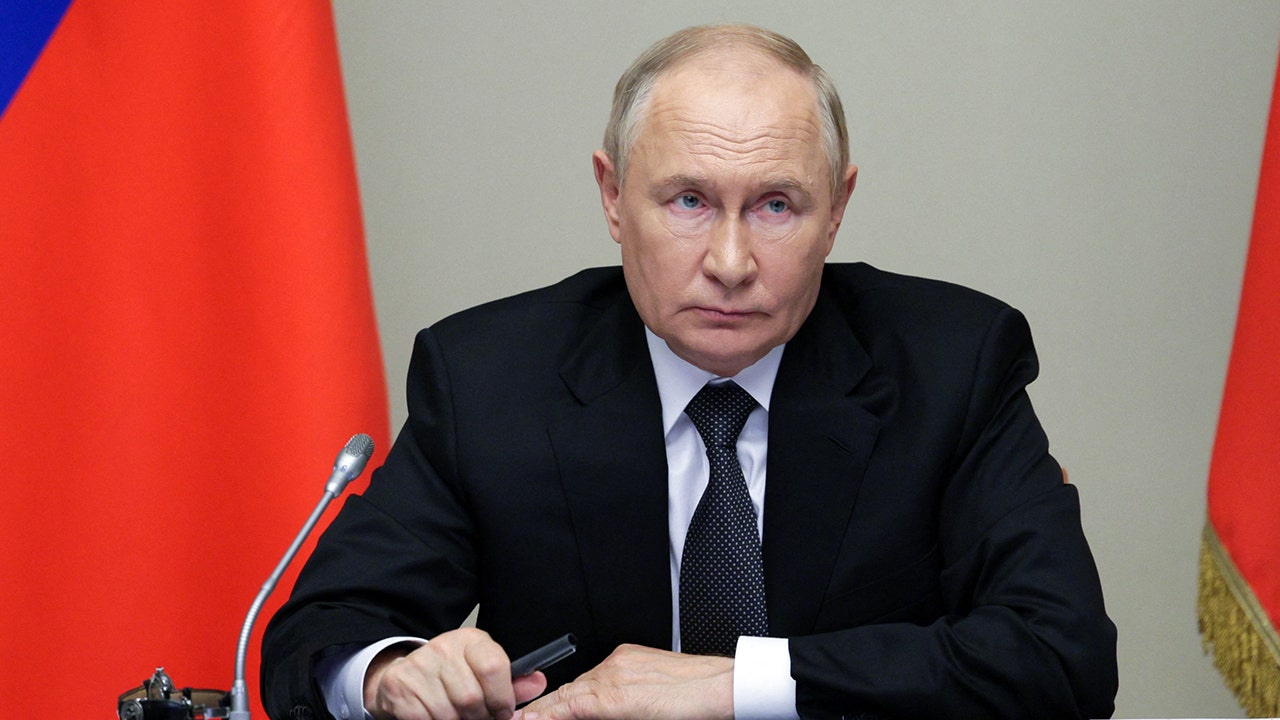Bussiness
U.S. business groups ask Treasury not to politicize Nippon Steel deal

A coalition of Washington-based business groups on Wednesday sent a joint letter to Treasury Secretary Janet Yellen, asking her to avoid politicizing the ongoing review of Nippon Steel Corp.’s planned acquisition of United States Steel Corp.
The letter was sent to Yellen, who heads the Committee on Foreign Investment in the United States that is in charge of the screening, as the major Japanese company is believed to have been making last-ditch efforts to prevent its deal with U.S. Steel from collapsing.
“Unfortunately, there have been persistent attempts recently to politicize the committee’s work from across the political spectrum, allowing politics to undermine the clear and narrow statutory mandate of national security,” it said.
U.S. Steel’s Mon Valley Works Clairton Plant in Clairton, Pennsylvania, is shown on Feb. 26, 2024. (AP/Kyodo)
The groups included the Global Business Alliance, the U.S. Chamber of Commerce and the National Foreign Trade Council. The Japan Business Federation, the country’s top business lobby also known as Keidanren, also joined in the request.
The move comes as President Joe Biden’s administration is reportedly in the final phase of deciding to block Nippon Steel’s plan and an executive of the Japanese company is in Washington to meet with senior U.S. officials.
Nippon Steel, the world’s fourth-largest producer, and U.S. Steel, the 24th-largest, announced the $14.1 billion acquisition deal in December. U.S. Steel and its shareholders are supportive of the takeover, which would make it more competitive globally and create the world’s third-largest steelmaker by volume.
But the powerful United Steelworkers union, headquartered in Pittsburgh, Pennsylvania, a battleground state for the country’s presidential election in November, is strongly opposed to the plan.
With votes from blue-collar workers and labor unions seen as critical in the upcoming election, both Biden and Vice President Kamala Harris, the Democratic nominee, are against the deal, as is former President Donald Trump, her Republican opponent.
The committee, CFIUS, has been reviewing whether the proposed acquisition of the U.S. steelmaker poses national security threats.
Japan is a close U.S. security ally. Should the U.S. administration decide to block the business agreement between the two steelmakers, it would be a rare rejection of a proposed buyout by a company from Japan.
“CFIUS should never become a tool for political posturing and should not morph into industrial policy masquerading as national security,” the letter said.
“We would note that a critical factor for why the United States is able to attract such a high level of investment from international companies is our country’s commitment to the rule of law and the predictability and stability of our regulatory framework,” it said. “We urge you to maintain this standard and ensure political interference does not diminish America’s investment climate.”
Related coverage:
Nippon Steel exec to meet U.S. officials over U.S. Steel buyout plan








